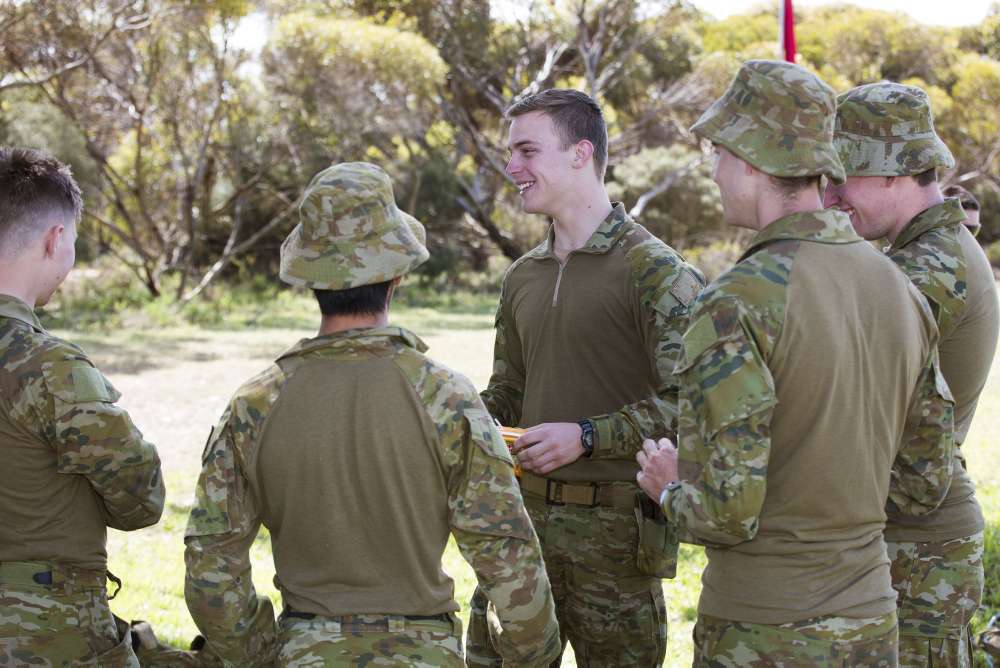Australia and other Western nations are increasingly drawing on their Reserve forces for deployments to war zones, and there’s a need for better research on how they are used.
That’s a topic to be discussed at the Narratives of War Symposium, titled “Generations of War”, hosted by the University of South Australia on 17-19 November.
Associate professor Brad West said Defence Reserves had traditionally been neglected as an area of study.
“But given that in Australia and other Western nations we are increasingly drawing on Reserve forces for deployment to war zones, there is a significant need for research. Increasingly as far as operations are concerned the lines between regular and reservist forces are becoming blurred,” he said.
“There is a real need to examine the differing culture and tensions between regular and reservist units in the military, the barriers integrating the two components of the armed forces, and whether there should be differences in how the forces operate.”
A panel discussion will explore how Reservists may have a distinctive military experience and face particular problems in balancing civil-military role identity, particularly in relation to career management, commemoration, deployment, enlistment and trauma management.
The Australian Defence Force has deployed reservists in all recent operations, including in Iraq and Afghanistan. The US has gone much further, deploying entire National Guard units to serve in Iraq.
University of SA researcher Lisa Ranson said post-traumatic stress disorder, depression and poor mental health were now responsible for more veteran deaths in Australia than lives lost while on operations.
How we talk about PTSD can influence better health outcomes for veterans, she said.
By analysing the portrayal of veterans’ mental health and the language used in civilian and military media, they are seeking a better understanding of how these portrayals influence the community.
“I looked at what kind of identity people with PTSD are given, how responsibility for their health is allocated or mitigated, and why that is important,” she said.
“I hope that by shedding light on language, changes can be made to shift negative perceptions and help eliminate the social and interpersonal barriers to seeking help.”



